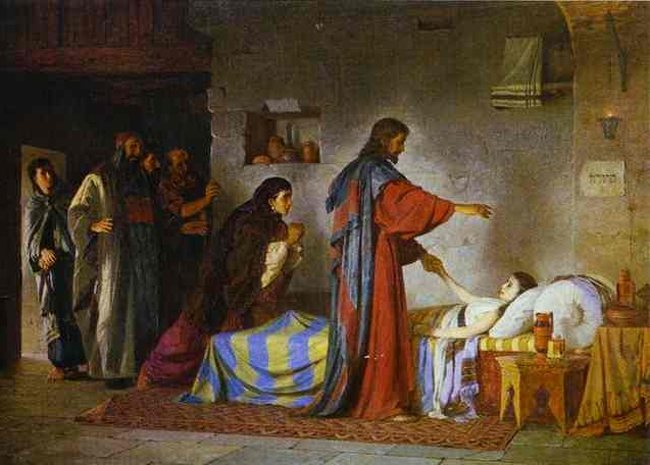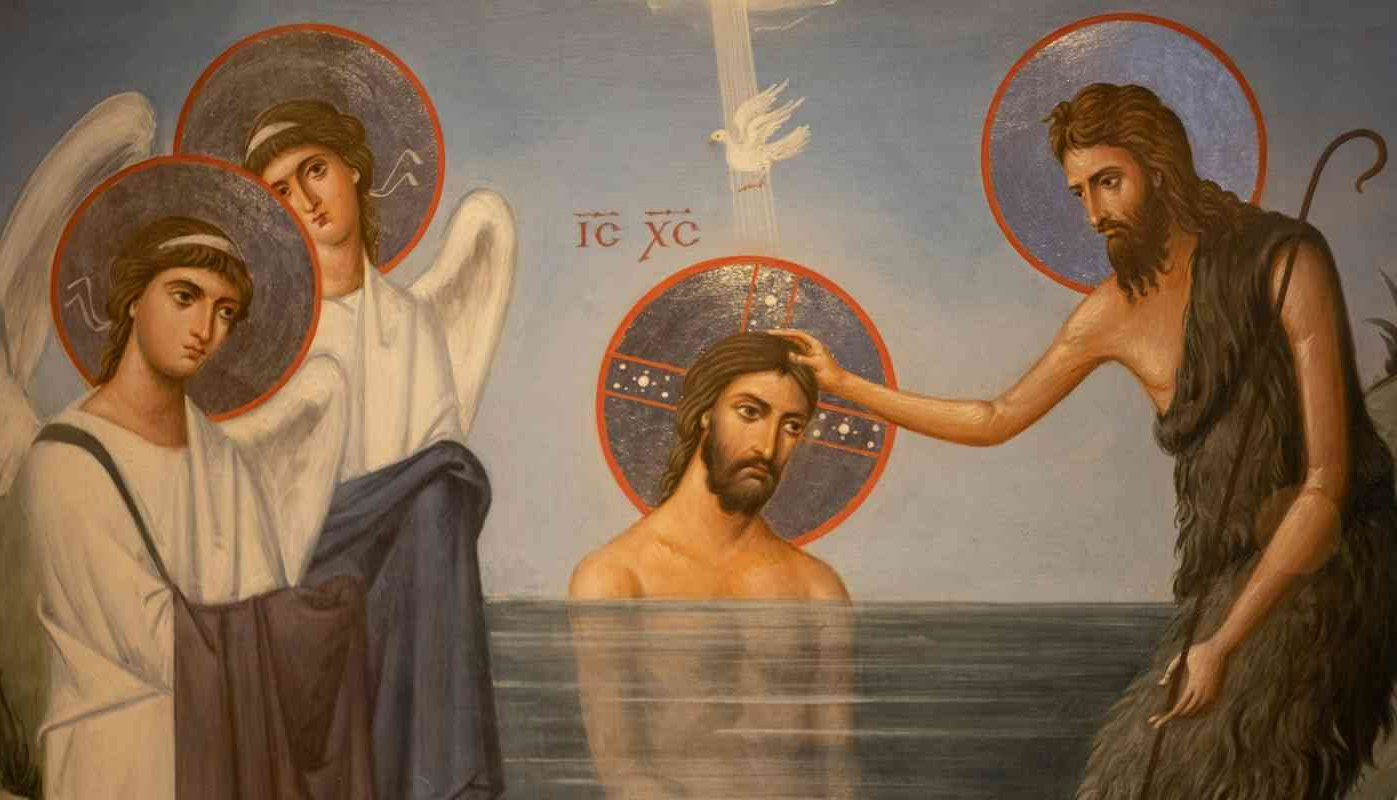Christian Art | A Boy At Prayer | Jesus With A Child
Office Of Readings | Saturday, Lent Week 3 | A Reading From The Addresses Of Saint Gregory Nazianzen | Serve Jesus In The Poor | Acts Of Mercy
‘Let us serve Christ in the poor.’
Introduction To Saint Gregory Nazianzus’ Reflection On Mercy
The reading for Saturday of the Third Week of Lent, attributed to Saint Gregory Nazianzus (c. 329–390), is a meditation on mercy as an essential Christian duty. Gregory, one of the Cappadocian Fathers, was a theologian and preacher whose writings shaped Christian thought on the Trinity, Christ, and the moral life. In this reflection, Saint Gregory Nazianzus argues that true worship is not found in sacrifice alone but in acts of love toward the poor.
Gregory draws from Scripture, citing Matthew 5:7: ‘Blessed are the merciful, for they shall obtain mercy.’ He reinforces this call to charity through passages from Proverbs, Isaiah, and Christ’s teaching on the Last Judgment (Matthew 25:31-46), where care for the hungry and homeless is revealed as service to Christ himself.
A central point in Saint Gregory’s argument is urgency. He warns against delaying acts of generosity, urging believers to give immediately and willingly. Mercy is not only a command but also a path to spiritual renewal, bringing both the giver and receiver into greater communion with God.
Gregory identifies Christ with the poor, noting how figures in the Gospel—the Magi, Nicodemus, Joseph of Arimathea, and Mary of Bethany—honoured Jesus in different ways. Yet Christ asks for mercy above all (Hosea 6:6). The true way to serve Jesus is through compassion and generosity toward those in need.
This passage, placed in Lent, reminds believers that mercy is central to Christian life. Gregory’s words remain relevant, challenging us to see Jesus in others and to respond through concrete acts of love.

A Reading From The Addresses Of Saint Gregory Nazianzen
Blessed are the merciful, because they shall obtain mercy, says the Scripture. Mercy is not the least of the beatitudes. Again: Blessed is he who is considerate to the needy and the poor. Once more: Generous is the man who is merciful and lends. In another place: All day the just man is merciful and lends. Let us lay hold of this blessing, let us earn the name of being considerate, let us be generous.
Not even night should interrupt you in your duty of mercy. Do not say: Come back and I will give you something tomorrow. There should be no delay between your intention and your good deed. Generosity is the one thing that cannot admit of delay.
Share your bread with the hungry, and bring the needy and the homeless into your house, with a joyful and eager heart. He who does acts of mercy should do so with cheerfulness. The grace of a good deed is doubled when it is done with promptness and speed. What is given with a bad grace or against one’s will is distasteful and far from praiseworthy.
When we perform an act of kindness we should rejoice and not be sad about it. If you undo the shackles and the thongs, says Isaiah, that is, if you do away with miserliness and counting the cost, with hesitation and grumbling, what will be the result? Something great and wonderful! What a marvellous reward there will be: Your light will break forth like the dawn, and your healing will rise up quickly. Who would not aspire to light and healing.
If you think that I have something to say, servants of Christ, his brethren and co-heirs, let us visit Christ whenever we may; let us care for him, feed him, clothe him, welcome him, honour him, not only at a meal, as some have done, or by anointing him, as Mary did, or only by lending him a tomb, like Joseph of Arimathaea, or by arranging for his burial, like Nicodemus, who loved Christ half-heartedly, or by giving him gold, frankincense and myrrh, like the Magi before all these others. The Lord of all asks for mercy, not sacrifice, and mercy is greater than myriads of fattened lambs. Let us then show him mercy in the persons of the poor and those who today are lying on the ground, so that when we come to leave this world they may receive us into everlasting dwelling places, in Christ our Lord himself, to whom be glory for ever and ever. Amen.








